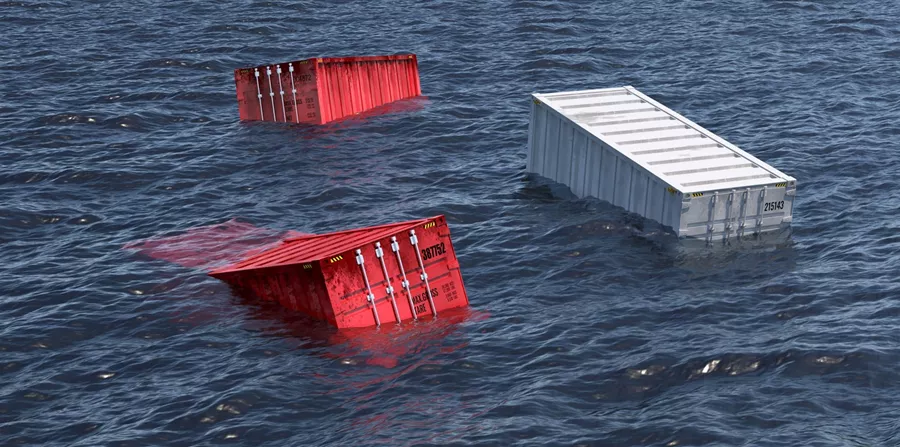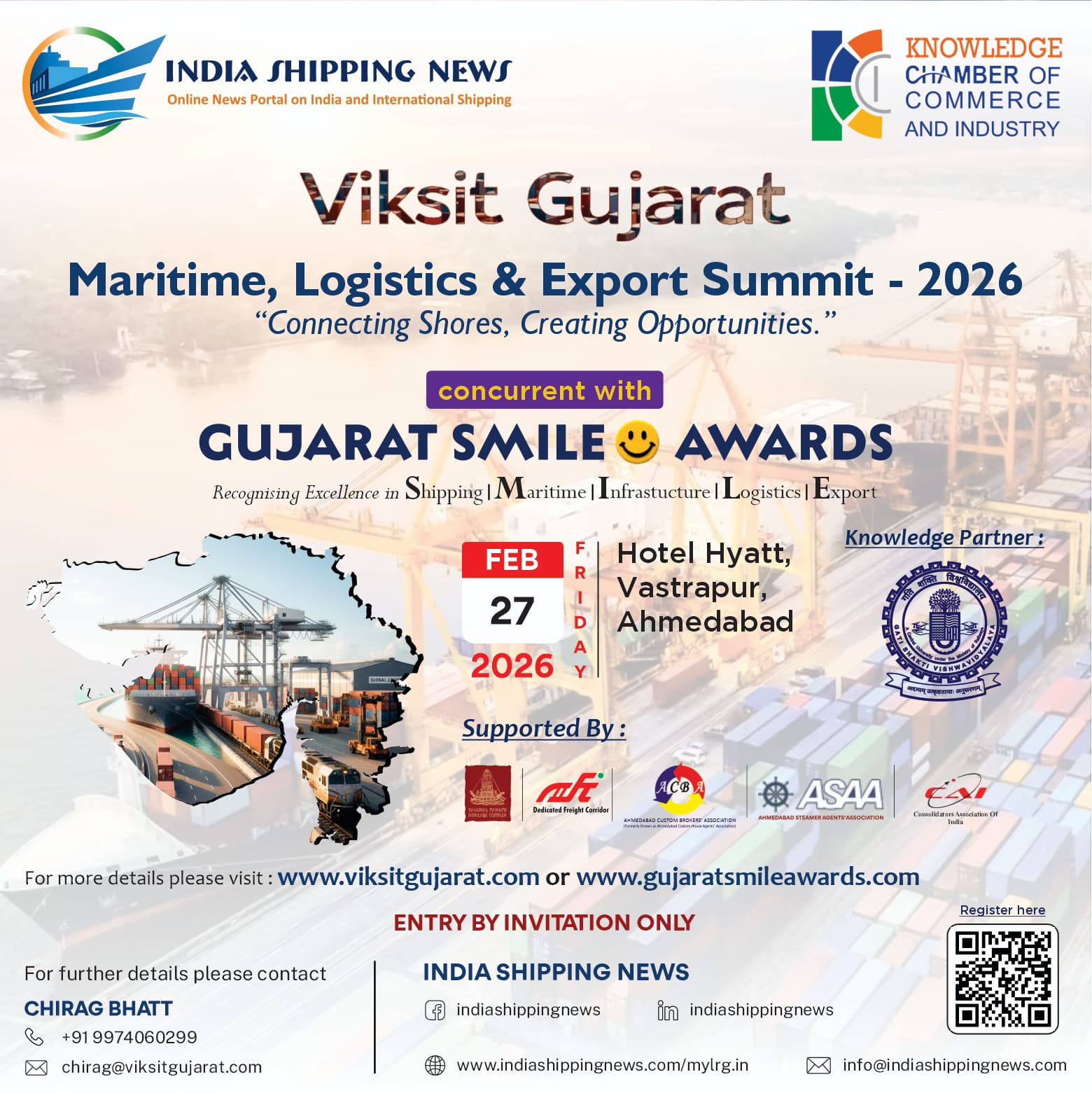
TT Club highlights continuing efforts to prevent container losses overboard
LONDON : Understanding the circumstances that lead to stack collapse and losses overboard incidents is of course vital in mitigating the risk. TT applauds the World Shipping Council initiative to publish the details of the annual survey[1] into container loss and recognises the lowest level of recorded losses during 2023, including the important fact that around 33% of units initially lost are subsequently recovered.
Nevertheless, TT’s own analysis of historic incidents clearly shows that weather is the single most influential factor. Furthermore, the data demonstrate that this is far more complex a challenge, involving a wide range of interconnected operations.
“In this context TT has been involved from conception with the MARIN[2] TopTier Joint Industry Project,” emphasises TT’s Peregrine Storrs-Fox. “This on-going project has drawn together over forty industry and governmental stakeholders in identifying and resolving the circumstances that lead to such incidents. It has already delivered important guidance relating to mitigating parametric roll risks and the Club will continue to be involved in the debates, particularly at the IMO, following the finalisation of the research.”
While focus is, not wholly unreasonably, mostly on ship operations, TT has long recognised that all participants in the freight supply chain carry responsibility. When the transport order is initially placed the accuracy of the verified gross mass (VGM) is pivotal, as is the correct load distribution and securing when packing cargo into the container. Consequently, TT’s cargo integrity campaign remains central to its work[, alongside partners in the Cargo Integrity Group].
At the ship/port interface, the terminal operating system (TOS) must support the appropriate stowage on board the ship, alongside stow planning software. These systems need to plan heavier containers lower in any given deck stack. Storrs-Fox comments, “TopTier studies have identified discrepancies up to 20% between planned stow versus the actual final stow on board. If representative of all operations, this is itself alarming.”
As to environmental factors, TT’s analyses identified potential commonalities across several incidents. Wave height was amongst the more obvious attributes, but wave length and period appeared to be of even greater importance. Indeed, it was recognised that wave period is responsible for resonant phenomena, such as parametric roll and synchronous rolling, that can give rise to stow collapses and losses overboard.
Through its Innovation in Safety award, TT has also been searching for developing technological solutions. The two complementary digital and engineering solutions, both developed by Trendsetter Vulcan Offshore (TVO), apply well-established systems from the offshore industry, firstly to enhance monitoring capabilities, predicting and detecting parametric roll, and secondly fundamentally re-imagine lashing systems to reduce container motion and control the dynamics of container stacks.
Conventional wisdom remains that heavy storms should be avoided where possible to minimise the risk of container loss. Re-routing away from the Red Sea this year has exposed many voyages to extreme weather off southern Africa. Nevertheless, deployment of innovative technology can assist in building greater safety margins, including leveraging data capture to improve understanding and predictions of changing sea conditions.
“Ships will never be able to avoid the impact of heavy seas entirely,” concludes Storrs-Fox. “Consequently TT, in furtherance of its mission to make the global logistics industry safer, more secure and more sustainable, continues with its efforts on this issue and urges industry colleagues to do likewise.”

